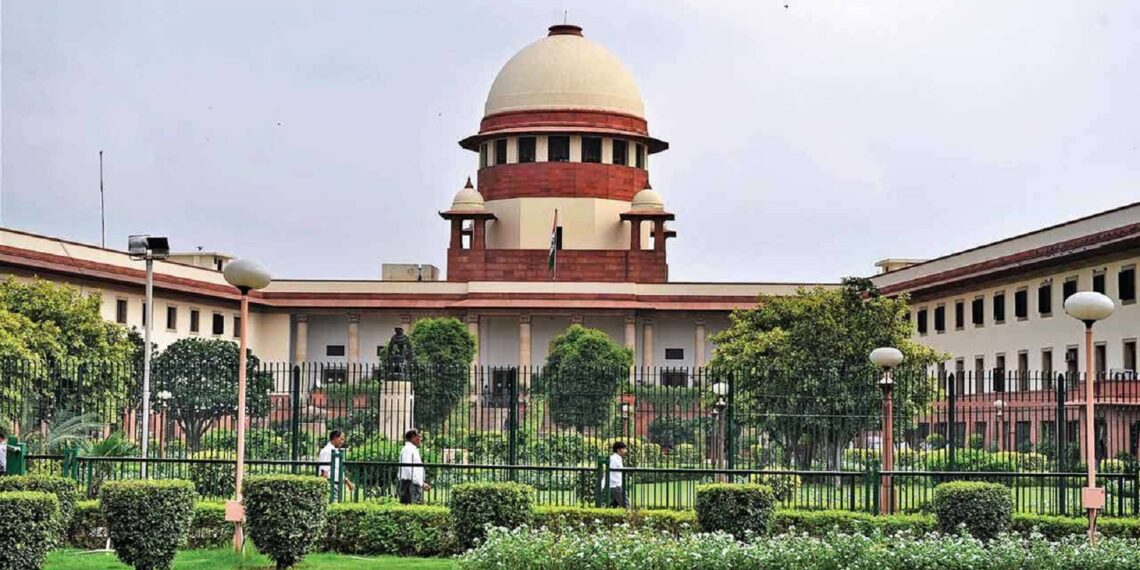SHILLONG: The Supreme Court has issued a sharp criticism to Meghalaya government for continuing to employ the “two-finger test” on rape victims.
The test was prohibited by the apex court as a violation of privacy and dignity in 2013, saying that it lacks scientific validity.
The bench comprising Justice Rajesh Bindal and Justice CT Ravikumar firmly opposed the controversial “two-finger test” and instructed the Meghalaya government to eradicate this harmful practice.
This directive came during the Supreme Court’s hearing of an appeal against the High Court’s decision affirming the conviction of an accused individual for rape.
Expressing disappointment during a recent hearing, the court highlighted its dismay that the practice continues despite being declared illegal.
The “two-finger test” has long been criticised for its invasive nature and reliance on outdated notions regarding women’s sexual activity.
Medical experts have refuted its validity, arguing that the presence or absence of a hymen is not indicative of sexual history.
In 2013, the Supreme Court recognised the test as a violation of women’s rights to privacy and dignity, categorising it as “mental and physical torture”.
Despite subsequent guidelines issued by the Ministry of Health in 2014 declaring the test illegal, its use persisted in various states.
A bench comprising Justice DY Chandrachud and Justice Hima Kohli reiterated the ban on such tests in 2022, stressing on its lack of scientific basis and appropriateness.
They reaffirmed that the presence of a hymen is not synonymous with virginity and underscored the inappropriateness of such examinations.
During a hearing on May 7, Justices Ravikumar and Rajesh Bindal addressed a special leave petition filed by an accused individual under the POCSO Act.
The court upheld the conviction, emphasising the necessity for forensic examinations to be conducted with the consent of the rape victim.















